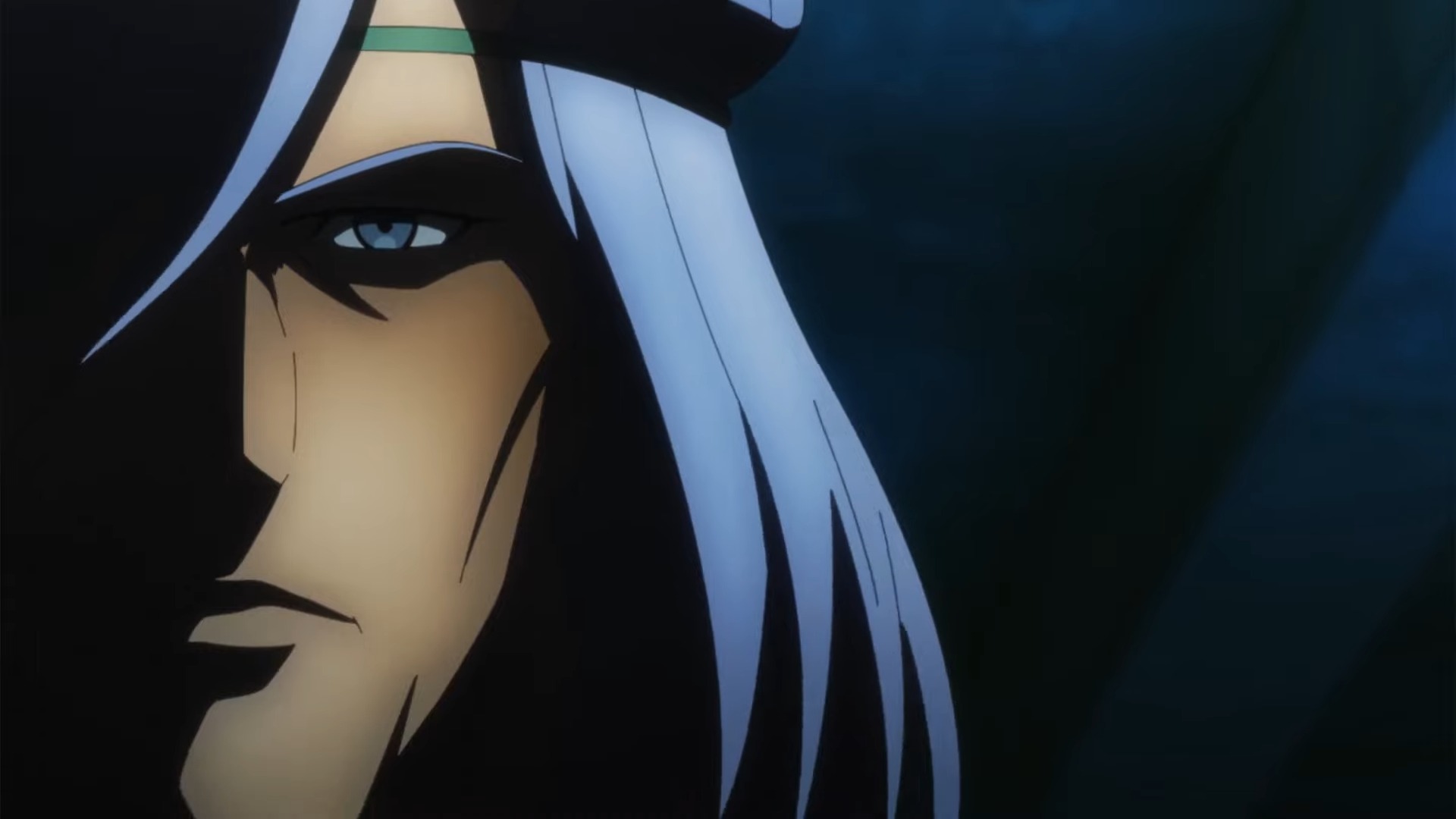Tucked away in a treasure trove of brilliant manga, Helck stands as a hidden gem, awaiting discovery by those with an affinity for the extraordinary. I’ve been privy to the reverent murmurs of its excellence from friends who have read the manga. However, time constraints have thus far prevented me from exploring the series. Therefore, the announcement of Helck’s anime adaptation kindles excitement within me — a chance to experience its glory in the animated medium.
The Story of Helck

The story of Helck is set within the demon realm, where an unprecedented event unfolds — a tournament, a battleground where aspirations clash, destinies weave, and a new Demon Lord will be anointed. But amidst the demons who gather to stake their claim, one figure shines with a flash of brilliance. His name? Helck — a human, resolute and unparalleled in strength, a Hero of the highest caliber, ranking level 99. His presence casts a shadow of invincibility, a riddle that challenges the very fabric of the demon realm’s hierarchy.
Red Vamirio, one of the “Four Heavenly Kings” presiding over the demons’ dominion, stands at the precipice of a quandary. In the wake of Helck’s formidable prowess, a worry takes root — the looming prospect of Helck ascending the throne, his grip on the title of Demon Lord becoming an inescapable reality. The stakes are nothing less than the fate of the entire demon realm. Fueled by determination and driven by an urgency born of instinct, Vamirio endeavors to sway the tournament’s outcome, to tip the scales in favor of a different victor. Yet, with a magician’s precision and a strategist’s prowess, Helck dances through the rigged intricacies, emerging victorious time and again.
But questions remain — why has Helck ventured into the demon realm? What fuels his ambition to ascend to the seat of Demon Lord?
Anime Adaptation

The anime so far has showcased uniqueness and meticulous craftsmanship, befitting of a fantasy anime. Across its initial four episodes, the narrative has been skillfully woven with intricate worldbuilding and a foundation of a compelling storyline. This groundwork sets the stage for an adventure that promises intrigue and enchantment.
What sets Helck apart is its ability to keep the viewer spellbound through its breakneck pacing. A tantalizing touch of mystery winds its way through the story, an invisible thread that keeps the audience yearning for more. The direction Helck is headed is undeniably promising, where the story’s layers promise to peel back, revealing deeper and darker dimensions.
But let’s not ignore the animation. If I’m to be candid, it might not stand as a paragon of visual splendor. It is marked by instances of still frames and occasional inconsistencies in the artwork. Yet, what it lacks in grandeur, it compensates for with earnestness. And while the animation isn’t the best, the music sure slaps! The opening song, “It’s My Soul,” evokes a nostalgia that’s quintessentially early 2000s, harmonizing delightfully with the show’s essence. While the ending song, “Statice,” gives you the feeling that this is not just a gag show.
Helck Anime: Final Verdict

At first glance, the story appears to follow a familiar path, a landscape trodden by many fantasy tales. Yet, like a veil lifting to reveal hidden depths, the story’s layers unfold, revealing darker undercurrents that belie the initial generic facade. This metamorphosis adds a mysterious appeal, inviting audiences to dive beyond the surface.
As I journey alongside the characters, I sense the potential of a dark horse — an unexpected gem that might stealthily ensnare our hearts. The final verdict? Helck shines as a beacon of curiosity and charm. I haven’t enjoyed an anime this much for a while, and I look forward to the next episode every week. “What the Helck?!” indeed — an exclamation that encapsulates the delightful bewilderment that this anime adaptation has brought to the forefront.
Want more? Check out our review of Makoto Shinkai’s magnum opus, Your Name.
